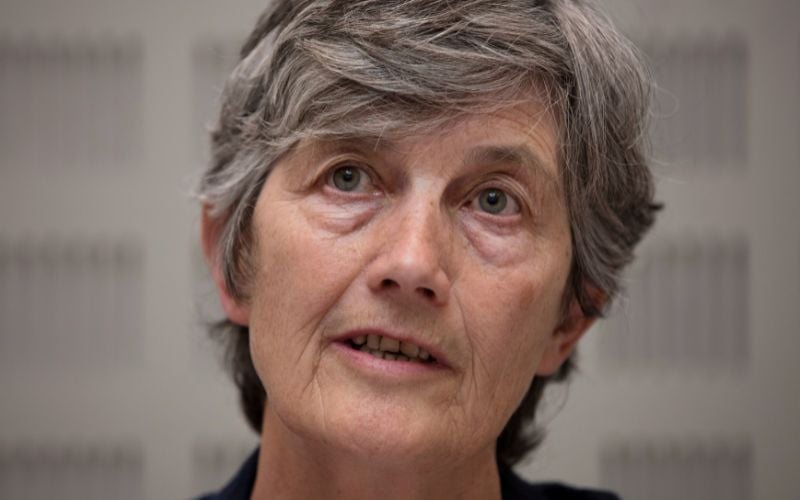THE meeting between Taoiseach (Prime Minister) designate Brian Cowen and Northern First Minster designate Peter Robinson in Ireland this week certainly shows how much times have changed.
Cowen will replace Bertie Ahern as taoiseach on May 6, and Robinson will become first minister a few days later when Ian Paisley steps down after a U.S.-sponsored economic conference which will be held in Belfast.
Robinson easily won the leadership of the Democratic Unionist Party (DUP) last week. He has been the Paisley understudy for much of his political life, but now gets his chance to shine.
By all accounts he is a talented and hard working minister who has greatly impressed colleagues on all sides with his energy and commitment.
Like other senior politicians in Northern Ireland he is making up for lost time, for the decades spent in catcalling and pointless political maneuvering rather than getting down to brass tacks.
No doubt Cowen and Robinson will have much in common in regard to brass tacks. Unlike their predecessors, they are noted for their workmanlike abilities rather than their charm. That may well be what both states needs right now as the economies worsen.
Robinson is just the latest new face. Of course Gordon Brown is now British prime minister and not Tony Blair, while here in the U.S. we will welcome a new White House occupant in January 2009.
So it is all change. The sight of Paisley finally exiting stage left brings an end to an amazing era in Northern Irish politics.
Since the early 1960s Paisley has been a towering force, often malign, in unionism. His decision to eventually cast his lot with the peacemakers, however, has redeemed his career to the point where he will be missed, even by Nationalists.
The synergy between Cowen and Robinson already appears to be good. On Monday they jointly announced that the Financial Service Center in Dublin, the engine of the original Celtic Tiger, will also open offices in Belfast, providing a very timely boost there for the economy.
It was noticeable in the statements by both men how well accustomed to the other they were. Both served as ministers for finance in their respective governments and have known each other well as a result.
That is the reality of political life today in Ireland and it is wonderful to see. Politicians on both sides of the border, who would once have hardly known their counterparts' names, are now working together to make the peace process happen.
Hillary's Turn?
THE result of the April 22 Pennsylvania primary will no doubt bring a flood of new headlines in its wake about how the race has been either transformed or remained static.
The polls, as they have been all year, are all over the place. One this week showed Hillary Clinton up by 20, another that she was within the margin of error.
Barack Obama will try and deliver the knockout blow, which he certainly would achieve with a win in the Keystone State.
However, the white ethnic Catholic vote will decide the state. A full 20% of Pennsylvania's population is Irish American, which makes their votes extremely important.
It seems they will go big for Clinton. If they do she will win and continue to propel this race into extra innings.




Comments